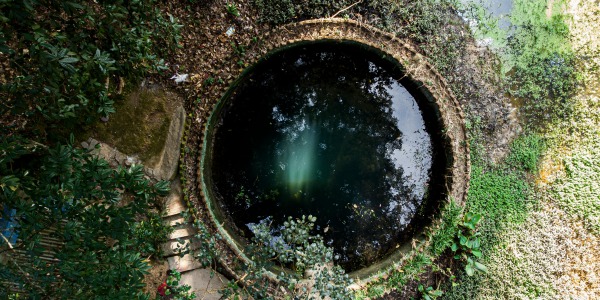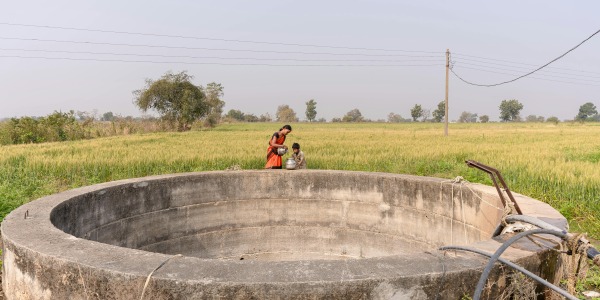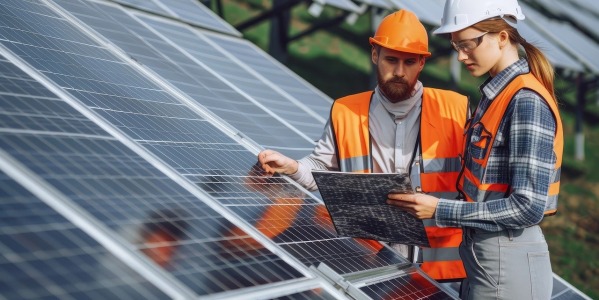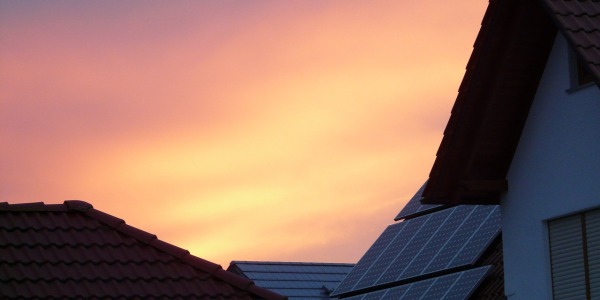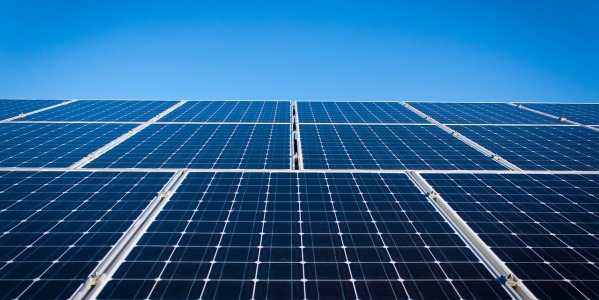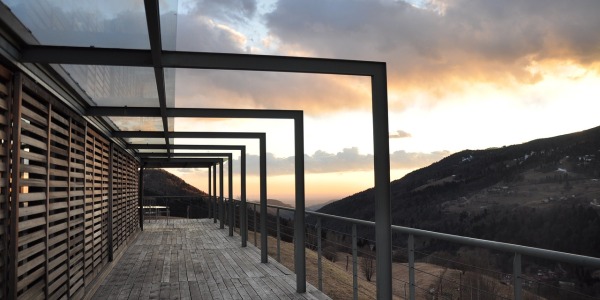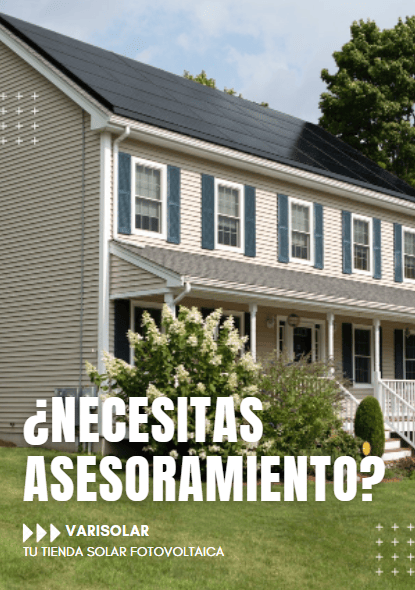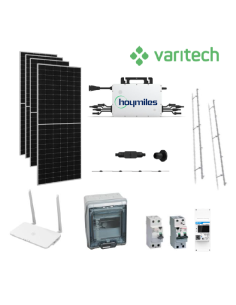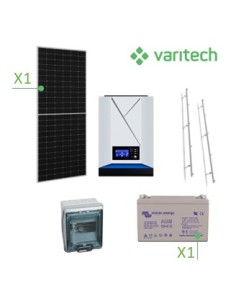- Redacción Varisolar
- Autoconsumo
- 0 likes
- 6125 views

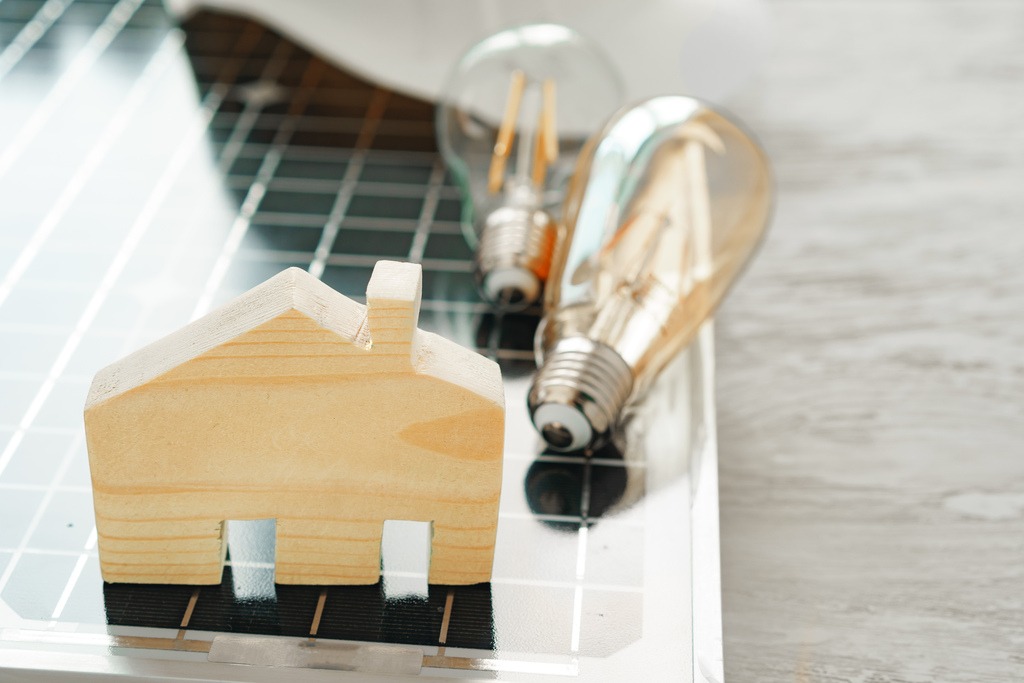
What permits do I need to install solar panels in my home?
Knowing what permits I need to install solar panels in my home is one of the most frequent questions about photovoltaic installations in homes. This is an important issue to be able to enjoy a legalized installation and avoid any type of sanction. For this reason, in this post we are going to explain everything you need to know about permits to install solar panels and the differences between the different autonomous communities.
At Varisolar we have extensive experience in advising on all questions that may arise regarding photovoltaic installations, as well as a wide catalog of solar products so that you can set up your own isolated photovoltaic installation to measure. If you have questions about this topic, contact us directly and we will advise you without any kind of commitment.
Permits to install solar panels in Spain
The Spanish State makes available to each Autonomous Community the powers to regulate this activity, as well as grants, subsidies and bonuses to install solar panels.
Therefore, these permits to install solar panels at home are different in each Autonomous Community. You will not need the same permits to install solar panels in Granada, as in Murcia, for example.
Do I have to apply for a license to install solar panels?
Some Autonomous Communities have already taken the first step to streamline these procedures and shorten the process prior to installing solar panels in homes: Eliminate the need to request a building permit before installing solar panels.
This is something that is already a reality in Aragon, Andalusia, Catalonia, Castilla y León, Castilla La Mancha, the Valencian Community, the Community of Madrid, Galicia, the Balearic Islands, the Canary Islands, Extremadura and Navarra.
On the other hand, those who want to install solar panels for self-consumption in buildings or homes in the Region of Murcia, La Rioja, the Basque Country, Asturias or Cantabria, must first continue going to the corresponding town hall to request the building permit and wait for it to be approved.
It must be taken into account that each municipality processes this license differently, even within the same autonomous community. In some cases the installation delay is up to 8 months.
In those regions that no longer have this obligation to request a license, it is enough to present a prior communication that must be addressed to the municipal government called "Responsible Declaration". The purpose is to inform you of the type of installation that will be done, and it has the great advantage of not having to be validated. Therefore, once this statement has been issued, you can proceed to place the plates.
The responsible declarations usually accompany (depending on the requirement of the consistory) a "Technical Design Report" prepared and signed by a technician with competence in the matter, such as an Industrial Engineer, because in case of not presenting this documentation, the responsible declaration can be rejected ex officio and in such case require that it be provided within a period of 10 days.
These rules on responsible declarations usually exclude from this type of license those cases in which the photovoltaic installation is to be carried out on specially protected land or in protected urban environments (historic centers, monumental complexes, etc.). In these cases, prior permission from bodies other than town halls will be required.
Other permits I need to install solar panels in my home
In addition to this license, we can divide the types of permits to install solar panels into two. Those prior to installation, and subsequent procedures.
Previous permits to install solar panels
These are the permits that you will need to have before proceeding with the installation, which for those installations with power less than 100kW, are basically a responsible declaration before the town hall (or works permit where appropriate). For those installations of more than 100kW, it is also necessary to request prior administrative authorization from the corresponding Industry delegation and it has a response period of 3 months.
On the other hand, if we want to pour excess energy into the network and request surplus compensation, in the event that the installation is less than 15kW and is on urbanized land, it is NOT necessary to request an access point from the distributor since this procedure is carried out ex officio when issuing and filling out the installation bulletin before the industry delegation. In all other cases, it will be necessary to request said access and connection permit from the corresponding distribution company.
If we are going to adjust the installation so that it does not discharge surpluses (in zero injection or no discharge), we will be exempt in any case from requesting permits from the distributor, since the owner of the installation does not cease to be a consumer according to RD244/2019.
Prior administrative and construction authorization
This authorization is mandatory before the industry delegation only in the case of large photovoltaic installations. Installations under 100kWp do not need prior administrative authorization from the industry delegation
Environmental and public utility authorization
For installations under 100kWp this procedure is not required. The environmental authorization only applies to those activities or facilities included in the GICA law (Law 7/2007), and may vary from one autonomous community to another. Because they are brief, the environmental declaration will only be necessary in the case of installations of more than 100kW that are going to be installed on the ground.
Procedures after the installation of solar panels
Once the installation has been completed, all the documentation is processed before the industry delegation, which depends on each autonomous community. In the case of Andalusia, it is through the system called "PUES".
We must distinguish several cases:
P<=10kW:
It does not require a project, just that the authorized low voltage installer in the specialist category issues its corresponding installation bulletin and other necessary documentation and uploads it to the corresponding Industry processor. Depending on the case, it is even necessary to provide, in addition to the bulletin, technical design memory (MTD), connection point to the distributor (if applicable, depending on the case), certificate of compliance with RD1699/2011.
P<=25kW
All installations greater than 10kW require a project signed by a competent qualified technician as an Industrial Engineer. The following must be sent to the industry: Signed project, Construction management certificate signed by a competent technician such as an Industrial Engineer, connection point to the distributor (depending on the case), certificate of compliance with RD1699/2011, electrical bulletin signed by an authorized low voltage specialist category installer.
P<=100kW
In addition to the above, they require an initial inspection (and periodic ones every 5 years) by an accredited control company (such as SGS, Bureau Veritas, etc.), which reviews compliance with the regulations of the installation carried out and issues its favorable inspection certificate. The aforementioned in the previous point must be sent to the industry, plus the indicated inspection report.
P>100kW
These types of facilities are processed according to RD1699/2000 and there is no processor as such to upload the documentation to. Rather, it is carried out through specific procedures for each autonomous community, or through a general telematic presentation instance referring to the file number.
As always, our advice, that if you want to do something, count on the best.
Buy Solar Parts
In our online solar parts store you will find all the components you need for your solar installation. In addition, our professionals will advise you at all times, so that you can enjoy all the advantages of installing solar panels as soon as possible.
Contact us to request more information or learn about our solar panel installation services in Granada.
Últimos artículos

